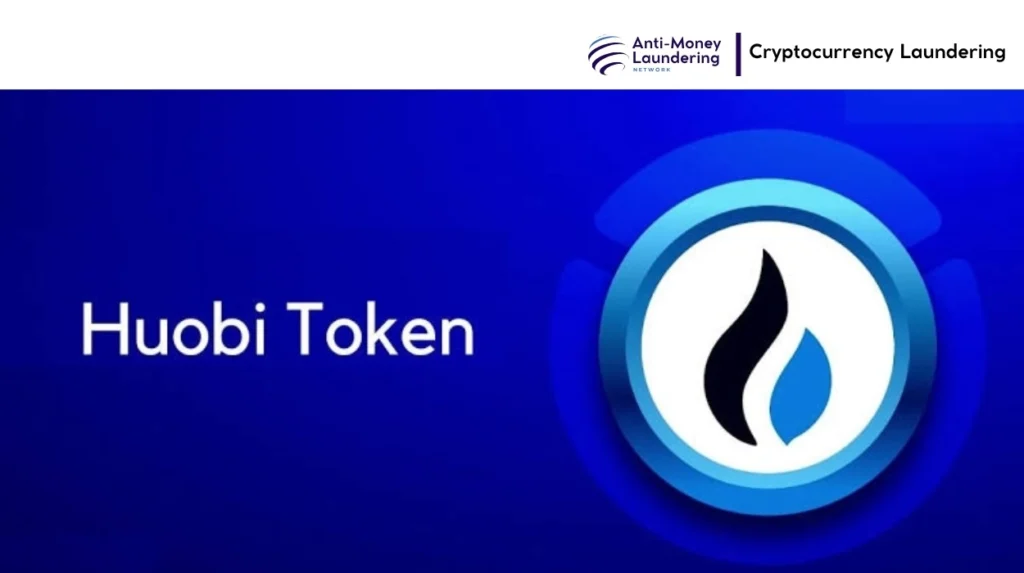Huobi Global’s operations have drawn sharp criticism for enabling large-scale money laundering through its Seychelles-based exchange platform. The company exploited weak regulatory oversight and inadequate KYC measures, allowing criminals to funnel stolen and illicit funds with relative ease. This case reveals deep vulnerabilities in offshore crypto jurisdictions like Seychelles, where enforcement is limited, and oversight is minimal. Huobi’s practices highlight urgent regulatory gaps that facilitate abuse by fraudsters, undermining trust and financial integrity globally. The ongoing litigation and regulatory actions underscore the pressing need for stronger controls over crypto exchanges worldwide.
Huobi Global Limited, operating as a Seychelles-registered International Business Company, emerged under scrutiny for facilitating money laundering through its cryptocurrency exchange services, particularly involving the Huobi Token (HT). Multiple victims reported thefts and laundering of stolen funds on the platform, which exploited gaps in regulatory oversight and weak Know Your Customer (KYC) practices. Seychelles Financial Services Authority officially declared Huobi unlicensed, leading to regulatory warnings and legal challenges. The platform’s strategic base in Seychelles, perceived as a tax haven and regulatory light jurisdiction, has been a core issue allowing illicit actors to use Huobi for washing illicit proceeds repeatedly. Victims, international regulators, and courts have responded with enforcement actions, but challenges persist due to Huobi’s decentralized operations and complex international footprint. This case highlights the risks posed by insufficiently regulated crypto exchanges in offshore jurisdictions and their vulnerability to abuse by money launderers and fraudsters.

